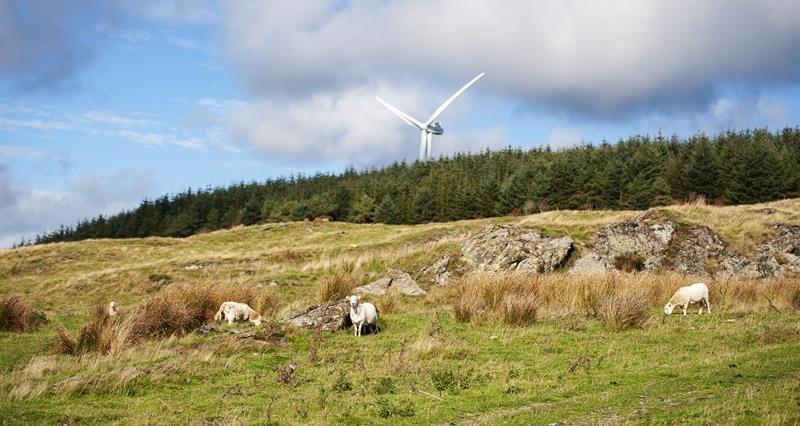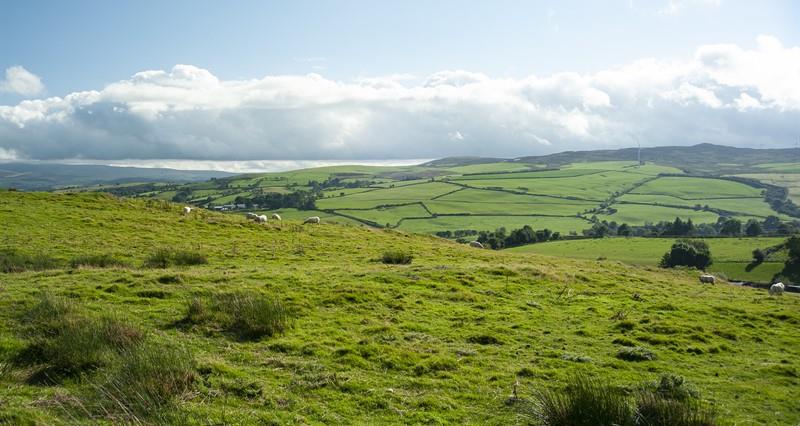During discussions at COP27, the UK farming unions are showing how farmers are part of the solution to the climate crisis, and how, with the right support and incentive from UK governments, this can be maximised.
COP27 aims to be the year that words turn into action and, with that in mind, farming unions are calling for a pragmatic approach to implementing plans, supported in partnership with government and industry.Ěý
Farmers are part of the solution
Investment to improve infrastructure frameworks and simplifying planning regulations would enable farmers to both produce and store more on-farm green energy through solar and wind turbines.
In turn, this would reduce energy use from fossil fuels, cut on-farm costs and build farm businesses’ resilience in the face of global volatility, ultimately supporting sustainable food production.
Commenting on the global climate change conference, NFU President Minette Batters urged leaders to see farmers as part of the solution and to recognise “agriculture’s role in producing renewable energy and sustainable food, alongside other land-based solutions such as carbon capture.”
Highlighting the effect global energy shocks are having on food production, Minette pinpointed investment to increase green energy as key to helping "farmers produce climate-friendly food for people at home and abroad.
“This is about giving UK farming the tools to unlock its net zero potential, which is in everyone’s interests,” she concluded.
Support needed
NFU Scotland President Martin Kennedy similarly called upon energy investment: “Those who produce our food are already adapting their farm management practises, and future policy should include an increase in the investment in energy infrastructure, help to produce sustainable meat and dairy more efficiently, production of green fertilisers, water storage, new crop varieties and methods of maintaining crop yield.”
His comments were echoed by Ulster Farmers’ Union President David Brown, who emphasised that while in Northern Ireland, the industry consistently works to improve its carbon footprint and reduce net emissions “support needs to be provided by our world leaders to enable farming as a whole to make this transition towards more sustainable, climate-friendly food production.
“It is the only way to ensure we are protecting the planet and have a global availability of food for consumers.”
»ĘĽŇ»ŞČËheads to Egypt
NFU Cymru President Aled Jones is flying the flag for British farming at COP27, meeting with representatives from around the world to tell the story of British farming and highlight the crucial need for investment in this sector.
As well as engaging with international farming leaders, he is also expected to speak on a panel devoted to driving climate finance to achieve human and environmental rights.
“Generations of farmers have taken great pride in feeding the nation healthy, nutritious and sustainable food while enhancing their local environment, boosting biodiversity and creating habitats for nature to thrive,” Aled commented.
“While we recognise there’s more we can do, we must also ensure that the transition to net zero is just and that the burden of decarbonisation does not fall unequally on farming and rural communities.”
Ěý
Keep up-to-date with the NFU team at COP27:
Ěý








